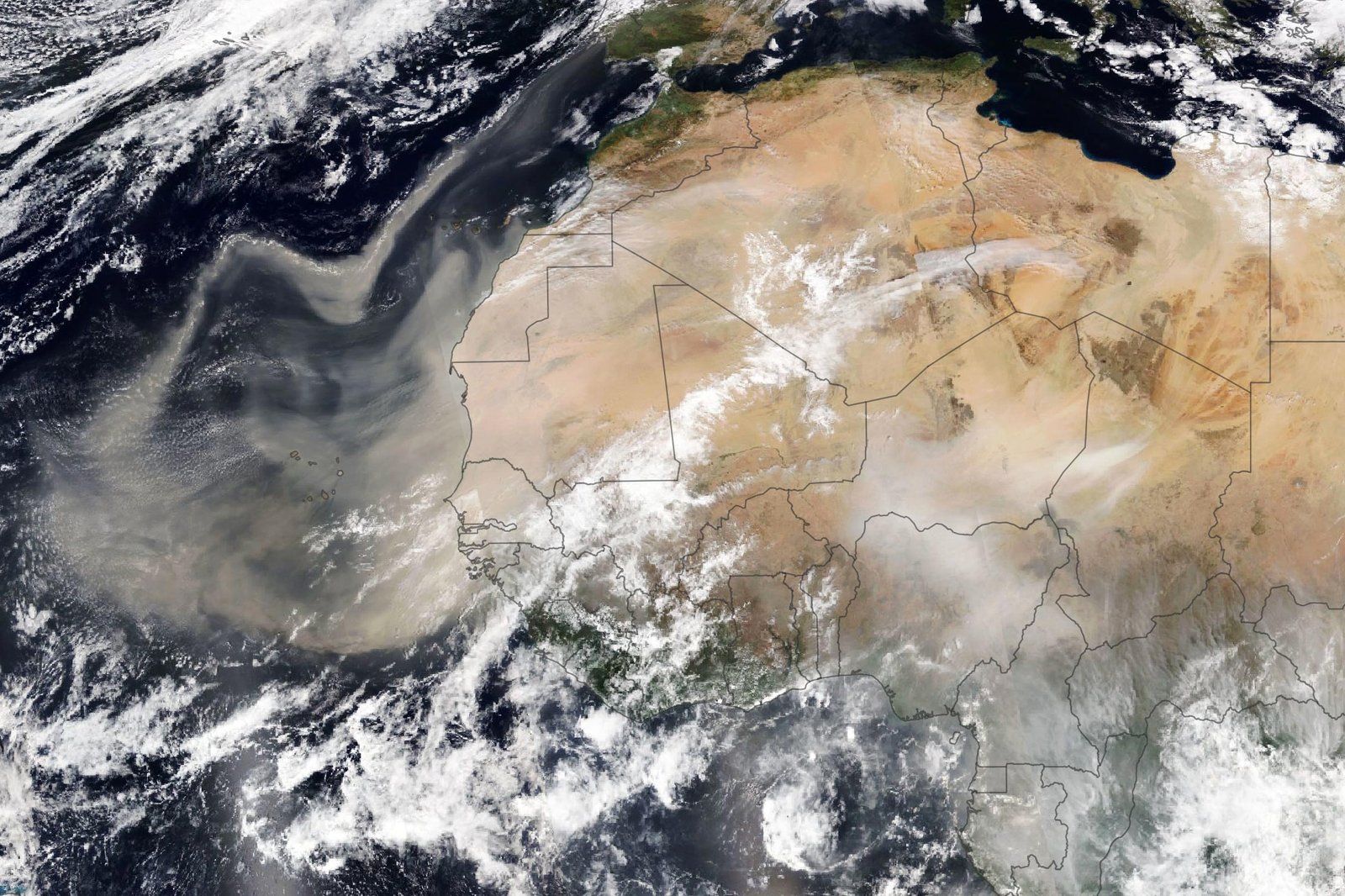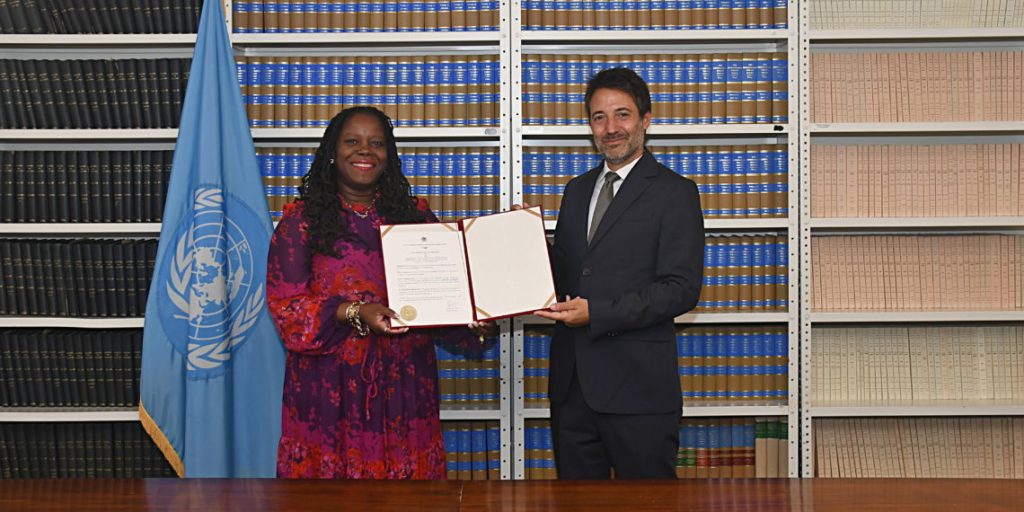Saharan Dust Plume Approaching St. Kitts and Nevis; Residents Advised to Exercise Caution
The Ministry of Health in St. Kitts and Nevis has issued a public health advisory regarding a substantial influx of Saharan dust traversing the islands. This naturally occurring phenomenon involves the transport of large quantities of dust particles from the Sahara Desert across the Atlantic Ocean, impacting air quality and posing potential health risks, especially for vulnerable populations. The advisory emphasizes the importance of precautionary measures to mitigate the adverse effects of this dust plume.
Saharan dust events are characterized by elevated concentrations of particulate matter in the ambient air. These microscopic particles can irritate the respiratory system and exacerbate existing respiratory ailments. Individuals with pre-existing conditions such as asthma and chronic obstructive pulmonary disease (COPD) are particularly susceptible to the adverse effects of Saharan dust. Additionally, individuals with allergies may experience heightened sensitivity due to the presence of pollen and other allergens carried by the dust plume. The Ministry of Health has highlighted several common symptoms associated with exposure to Saharan dust, including itchy or burning eyes, runny nose, sneezing, chest tightness, and wheezing. In more severe cases, individuals may experience difficulty breathing, necessitating prompt medical attention.
The Ministry of Health advises individuals, particularly those with pre-existing respiratory conditions or allergies, to take proactive steps to minimize exposure to the Saharan dust. Limiting outdoor activities during peak dust concentrations is crucial. When venturing outdoors, wearing protective masks, such as N95 respirators, can help filter out particulate matter and reduce inhalation. Practicing good respiratory hygiene, which includes covering the nose and mouth when coughing or sneezing, can prevent the spread of respiratory infections. Individuals should closely monitor their symptoms and seek medical advice if they experience worsening or persistent respiratory issues.
The anticipated impact of the Saharan dust plume includes reduced visibility and hazy skies with a slightly yellowish tinge. The air quality index, a measure of the concentration of pollutants in the air, is expected to deteriorate over the coming days, reflecting the increased presence of particulate matter. Meteorological projections indicate that conditions may improve by midweek, offering temporary respite from the dust. However, a potential resurgence of the dust plume is anticipated over the weekend, potentially exacerbating air quality issues. The Ministry of Health continues to monitor the situation closely and will provide further updates and guidance as needed.
In summary, the Saharan dust event affecting St. Kitts and Nevis poses a significant health concern, especially for individuals with respiratory vulnerabilities. The Ministry of Health recommends taking preventative measures to minimize exposure and manage potential health complications. The advisory underscores the importance of individual responsibility in mitigating the impact of this natural phenomenon. By adhering to the provided recommendations, individuals can protect their respiratory health and ensure their well-being during the dust event.
The public is encouraged to stay informed about the latest updates regarding the progression of the Saharan dust plume and any changes to the health advisory. The Ministry of Health will continue to disseminate information through various channels, including official announcements and public service announcements. Staying informed and adhering to the recommended precautions will help residents navigate the health challenges associated with this environmental event and ensure the well-being of the community. The Ministry of Health remains committed to protecting public health and providing timely and accurate information to facilitate informed decision-making.
Share this content:











Post Comment